College of Human Sciences
Decolonising education: Lessons from the Afrikaans language
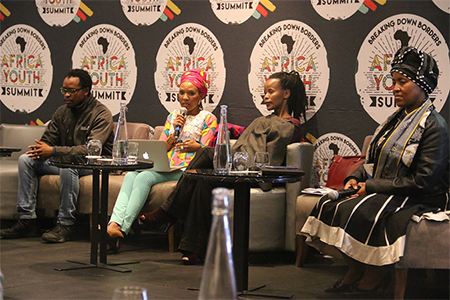 Language is essential to the notion of decolonising education. This formed the backbone of a discussion at the Breaking Down Borders Africa Youth Summit.
Language is essential to the notion of decolonising education. This formed the backbone of a discussion at the Breaking Down Borders Africa Youth Summit.
Dr Edith Phaswana, a senior lecturer at the University of South Africa (Unisa), said a model of decolonisation can be learnt from how Afrikaans developed.
“It’s because this language evolved in the twentieth century. Before 1914 there was no Afrikaans, but today we speak of Afrikaans as scientific language that is taught at university level, that has produced its own literature as well,” said Phaswana.
“Our languages – isiXhosa, seSotho and all of them – are older than Afrikaans, are more matured than Afrikaans and if Afrikaans can reach this level...it means there’s a possibility that we can form our own creole from the many Nguni and Sotho languages that we have in this country in order to form a formal scientific language at university level,” she added.
In a panel discussion about decolonising education that Phaswana moderated, researchers at the Thabo Mbeki African Leadership Institute and Unisa discussed existing African knowledge systems and how African languages can be formalised to be integrated in new knowledge production.
“If we really want to decolonise languages the lesson that can be learnt is from Afrikaans ... In our road and our insistence of decolonisation the evolution of the Afrikaans language should be a perfect model and example,” said Phaswana.
Moorosi Leshoele, a researcher at the leadership institute, suggested that Africans consider a Pan-African language to be used in education, trade and other formal spaces.
“What we advocate for is not necessarily a creation of a homogenous language throughout the continent but it’s just so that we can do business easy, we can make interacting, migrating and living with other Africans easier,” he said.
“What we argue for is a predominant language that we know [and] that we must fall back into, the same way we do with English,” he added.
Phaswana said: “In my view, languages are diverse and in their diversity there shouldn’t be a point where just because we want to upgrade our language we do away with our languages.”
Zethu Cakata, an associate professor in psychology at Unisa, said we needed to appreciate that indigenous African knowledge systems already know science and we need to relearn the values that African languages teach.
“When we look we know our cultures have been eroded, but when we look into our languages they speak against many ills.
"If we really understand where certain words in our languages come from we would realise that they were introduced by missionaries to us.
“We didn’t even have gender in our cultures ... even these words that are gender differentiating didn’t come from us,” she said.
“This Afrikaans was tried and we resisted it, despite, in favour of English. This is the mistake that we made because we were displacing another African language with a European language,” said Phaswana.
The conference is part of the five-day summit that concludes on Friday.
*By Phelokazi Mbude | 2018-05-17 19:25
This article first appeared in City Press and is used by permission. You can read the original here.
Dr Edith Phaswana’s name was incorrectly reflected in the original article as Phaswane, and has been corrected.
Publish date: 2018-05-29 00:00:00.0


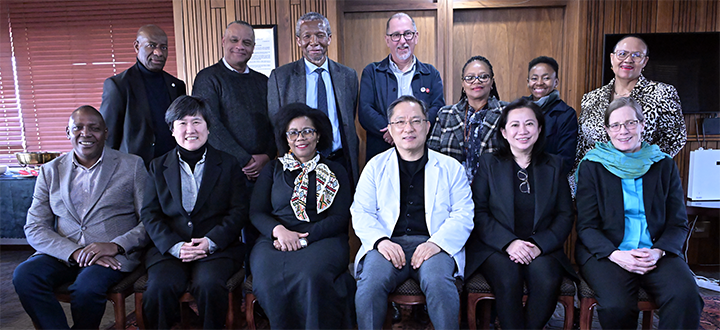 Unisa wins bid to host IAMS General Assembly
Unisa wins bid to host IAMS General Assembly
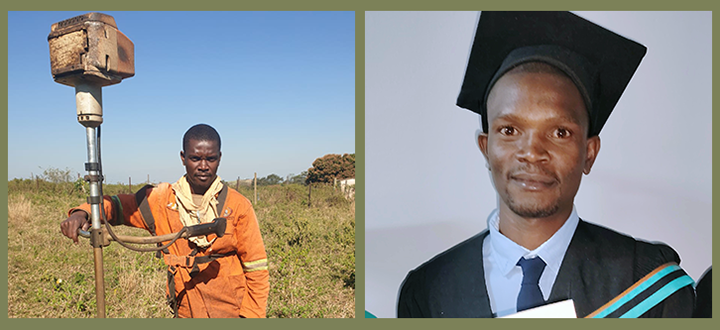 Cutting grass by day, pursuing Unisa studies by night
Cutting grass by day, pursuing Unisa studies by night
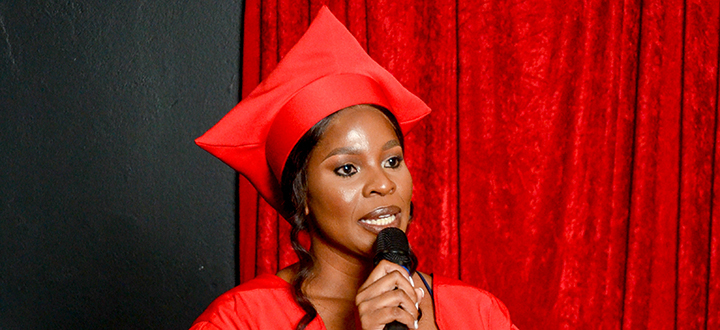 Unisan’s research set to improve accident records management through AI
Unisan’s research set to improve accident records management through AI
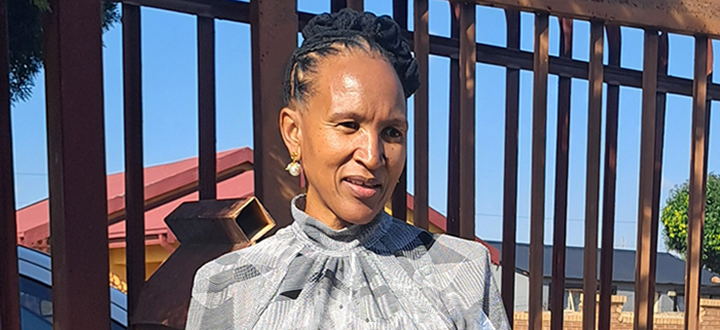 Koma e wetse: When tradition meets the harsh realities of modern livelihoods
Koma e wetse: When tradition meets the harsh realities of modern livelihoods
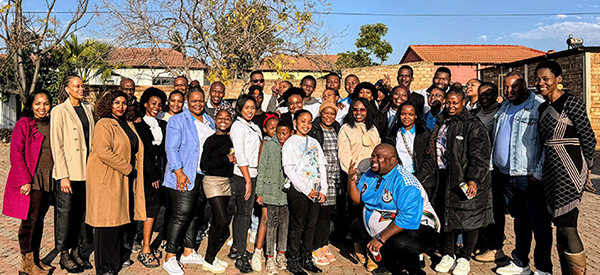 Imbizo inspires youth
Imbizo inspires youth